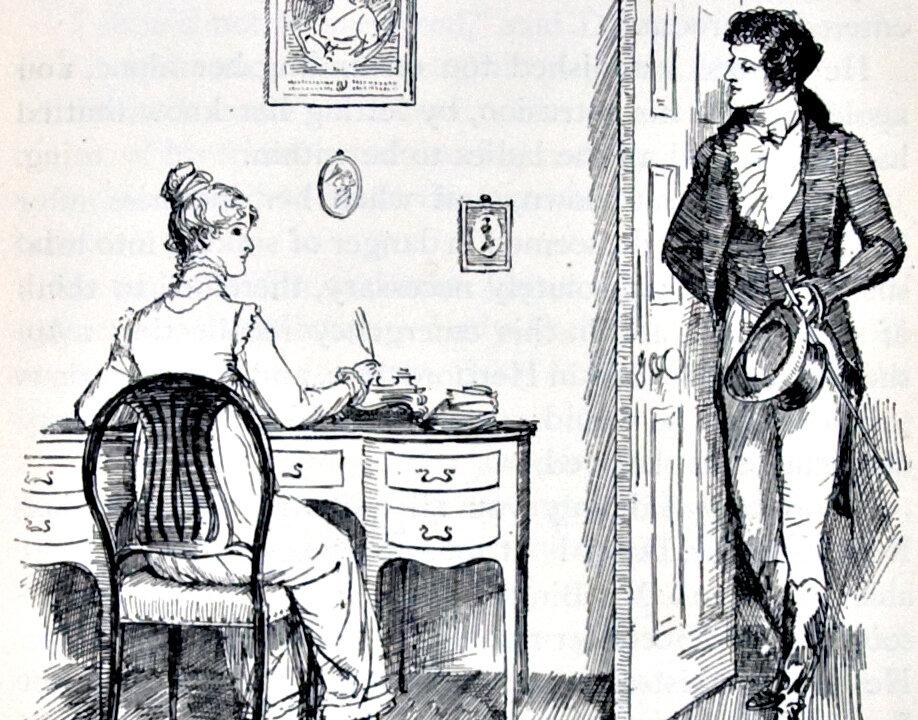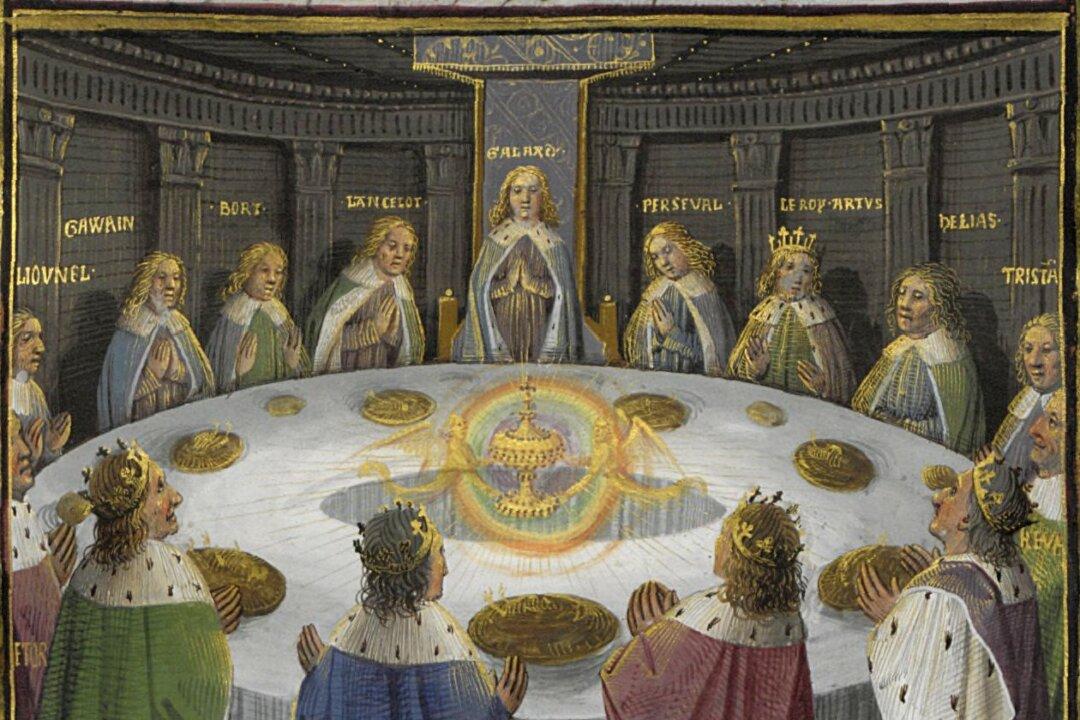I recently re-read Jane Austen’s “Pride and Prejudice” and was surprised at how much it teaches us about ourselves as human beings.
I first discovered “Pride and Prejudice” through the 1995 BBC mini-series with Colin Firth and Jennifer Ehle. I immediately became fascinated by the colourful characters, vivid scenery, and of course the beautiful love story. Eager to learn more, I read the book and appreciated the opportunity to connect with the plot and characters on a more personal level.





